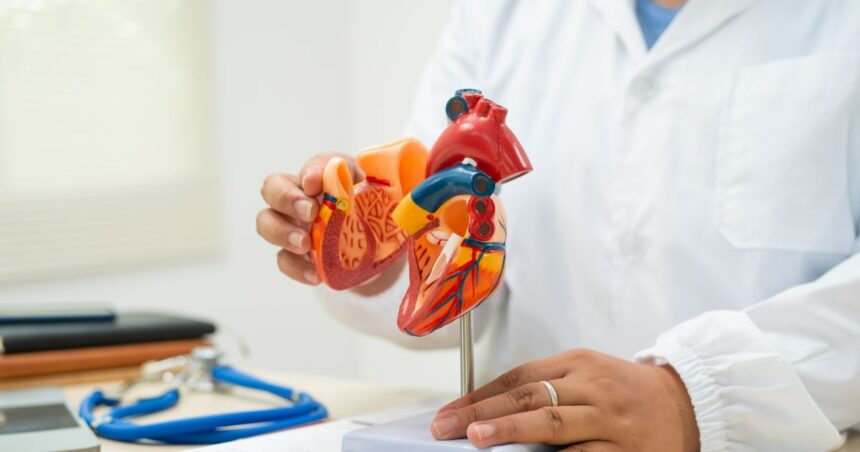Vascular studies are essential tools in understanding and preventing serious cardiovascular problems. These tests provide a clear picture of blood flow in your body, helping doctors detect and address issues early.
This article will discuss vascular studies, how they work, and why they’re crucial for maintaining heart and blood vessel health.
What Are Vascular Studies?
Vascular studies are noninvasive tests that evaluate blood flow in arteries and veins. These tests use sound waves (ultrasound) to create images of blood vessels and measure how well blood is moving through them.
Common Types of Vascular Studies
- Doppler Ultrasound: This test measures blood flow in arteries and veins.
- Carotid Ultrasound: Focuses on the carotid arteries in the neck to check for blockages.
- Abdominal Aortic Ultrasound: Evaluates the aorta for aneurysms.
- Venous Ultrasound: Checks for blood clots in the legs (deep vein thrombosis).
These tests are painless, safe, and typically completed in less than an hour.
Why Are Vascular Studies Important?
Vascular studies can detect problems before they become serious. Many cardiovascular conditions develop silently, without symptoms. By identifying issues early, these tests can help prevent life-threatening events like strokes or heart attacks.
Conditions Detected by Vascular Studies
- Peripheral Artery Disease (PAD): Narrowing of the arteries that reduces blood flow to the limbs.
- Aneurysms: Abnormal bulges in blood vessels that can rupture.
- Deep Vein Thrombosis (DVT): Blood clots in the legs that can travel to the lungs.
- Carotid Artery Disease: Blockages in the neck arteries that can lead to strokes.
Vascular studies can be a lifesaver if you’re at risk for these conditions.
Who Should Get Vascular Studies?
Not everyone needs vascular studies, but they are recommended for people with certain risk factors. These include:
- Age: People over 50 are more prone to vascular issues.
- Smoking: Increases the risk of blocked arteries and blood clots.
- Diabetes: Can damage blood vessels and lead to PAD.
- High Blood Pressure: Puts stress on arteries, increasing the risk of aneurysms.
- Family History: A family history of vascular diseases increases your risk.
If you have any of these risk factors, your doctor may recommend a vascular study as a precaution.
How to Prepare for a Vascular Study
Preparing for a vascular study is simple. Here are some tips to ensure accurate results:
- Follow Instructions: Your doctor might ask you to avoid eating or drinking for a few hours before the test.
- Wear Comfortable Clothing: Loose-fitting clothes make it easier for technicians to access the test area.
- Stay Relaxed: The test is painless, so there’s no need to worry.
Following these steps can help ensure your vascular study goes smoothly.
Benefits of Early Detection
Detecting vascular problems early can save lives. Here’s how early detection makes a difference:
- Prevents Complications: Early treatment can stop issues from worsening.
- Reduces Health Costs: Catching problems early often requires less expensive treatments.
- Improves Quality of Life: Managing vascular health helps you stay active and avoid severe symptoms.
- Guides Lifestyle Changes: Results can motivate healthier habits, like quitting smoking or improving your diet.
Taking control of your vascular health can lead to better overall well-being.
Wrapping Up
Vascular studies are powerful tools for preventing serious cardiovascular issues. By identifying problems early, these tests can help prevent conditions like PAD, aneurysms, and blood clots.
Whether you’re at risk or simply want to be proactive about your health, talk to your doctor about vascular studies. A simple, painless test could make all the difference in protecting your heart and blood vessels.

